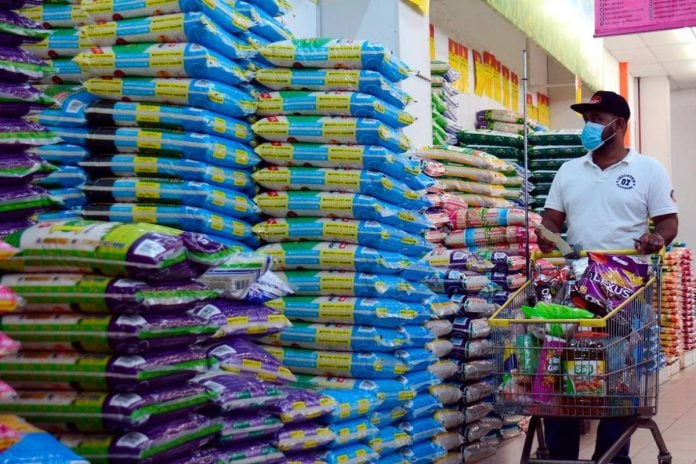PETALING JAYA: As Malaysia prepares for the tabling of Budget 2026, industry leaders are calling for a balanced approach that eases the rising cost of living without compromising long-term fiscal stability.
i0li Communications CEO Yan Lim said inflation continues to squeeze household budgets, and while short-term measures such as direct cash aid under programmes like MyKasih are necessary, they are not sufficient on their own.
“Budget 2026 must strike a balance between helping households cope with immediate cost-of-living pressures while safeguarding Malaysia’s fiscal health,” she told theSun.
Lim highlighted unchecked inflation of essential goods as a key concern, stressing the need for stronger market oversight.
She also urged the government to ensure consistency in policy communication, pointing to the recent revision of the Sales and Service Tax (SST) framework.
“As seen in the recent SST revision, changes were announced and later adjusted following public feedback, leaving both businesses and consumers uncertain.”
She added that Budget 2026 must also address the challenges faced by small and medium-sized enterprises (SME), which she described as the “backbone of Malaysia’s economy”.
“SME are grappling with higher input costs, wage pressures and shifting regulations – all of which threaten cash flow and stifle growth.
“Supporting them through targeted tax incentives, affordable financing and simplified compliance processes will help them stay competitive, create jobs and drive the economy,” she said.
Ride-hailing firm Bolt Malaysia general manager Afzan Lutfi echoed similar concerns, particularly for gig workers and everyday consumers.
“The rising cost of living is something we see up close every day through our driver-partners working hard to support their families and passengers stretching their budgets. These are not abstract issues, they shape real choices daily,” he said.










